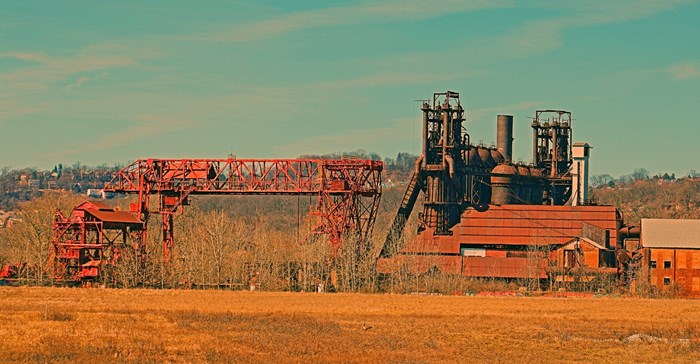
Downstream industries heavily rely on the long products produced by these plants. The transition to alternative sources will not be immediate. Even if these products can be imported, it would result in the export of jobs that are desperately needed in South Africa. Furthermore, the country's logistics challenges raise fundamental questions about whether the port and rail infrastructure can deliver products to end manufacturers.
The closure comes in the wake of a slow economy, a challenging trading environment, high transport, logistics and energy costs, and logistic failures. The introduction of a preferential pricing system for scrap, a 20% export duty, and a recent ban on scrap exports have all contributed to the current state of affairs. The Department of Trade, Industry and Competition's (DTIC) narrow focus on creating an enabling environment conducive to growth, stability, and job security has also been criticised.
The Steel and Engineering Industries Federation of Southern Africa (Seifsa) has repeatedly warned that the decisions relating to the scrap metal policy and its industrial policy consequences will yield casualties. The unfolding situation at ArcelorMittal seems to confirm these warnings.
SEIFSA, representing the most significant voice of both the upstream and downstream value chains in the metals and engineering industry, is urging that these and related industrial policy matters be escalated to the Economic Cluster of Ministries. The DTIC seemingly lacks the capacity and understanding of the broader implications of these developments.
The situation is now critical, and Seifsa is urging the President and key Ministers in the Economic Cluster to treat it as such. Failure to do so could result in a socio-economic catastrophe of gigantic proportions in the metals and engineering industry. This would reverberate throughout the economy and the continent, impacting the auto, motor, construction, and mining sub-sectors of the economy and all who work in them.
The reconstruction and recovery of the South African economy, and more specifically the metals and engineering industry, must be considered in the wider context of reindustrialising critical sectors. This includes addressing the challenges facing the economy from energy and logistics to water infrastructure and crime.